If it is not tempered by compassion, and empathy, reason can lead men and women into a moral void
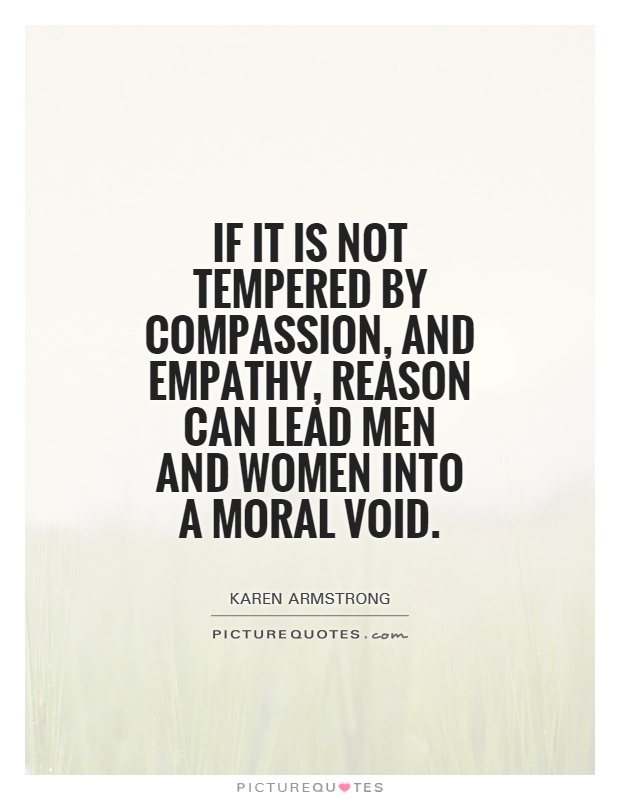
If it is not tempered by compassion, and empathy, reason can lead men and women into a moral void
Karen Armstrong, a renowned author and scholar of comparative religion, has long emphasized the importance of compassion and empathy in the practice of reason. In her works, she often explores the ways in which reason can be used to justify violence and oppression when not tempered by these essential qualities. Armstrong argues that without compassion and empathy, reason can lead individuals into a moral void, where ethical considerations are cast aside in favor of self-interest and power.One of Armstrong's most famous works, "The Battle for God," delves into the rise of religious fundamentalism in the modern world. In this book, she examines how individuals and groups can become so consumed by their own beliefs and ideologies that they lose sight of the humanity of others. Without compassion and empathy, reason becomes a tool for justifying violence and intolerance, rather than promoting understanding and peace.
Armstrong's own journey from a strict Catholic upbringing to a more inclusive and compassionate understanding of religion has shaped her views on the importance of empathy in the practice of reason. She has written extensively on the need for individuals to cultivate a sense of compassion towards others, regardless of their beliefs or backgrounds. In her book "Twelve Steps to a Compassionate Life," Armstrong outlines a practical guide for developing empathy and compassion in everyday interactions.


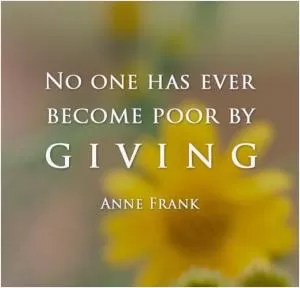
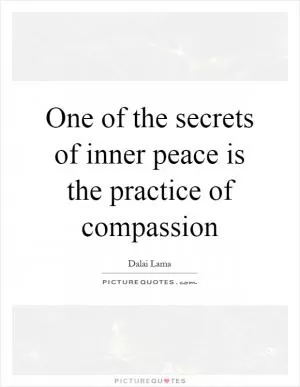




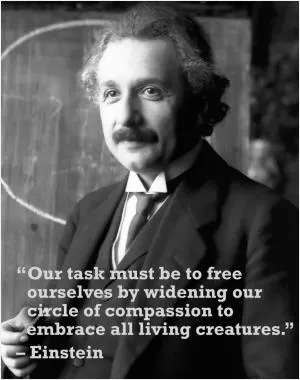

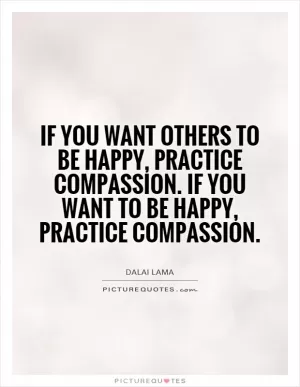

 Friendship Quotes
Friendship Quotes Love Quotes
Love Quotes Life Quotes
Life Quotes Funny Quotes
Funny Quotes Motivational Quotes
Motivational Quotes Inspirational Quotes
Inspirational Quotes